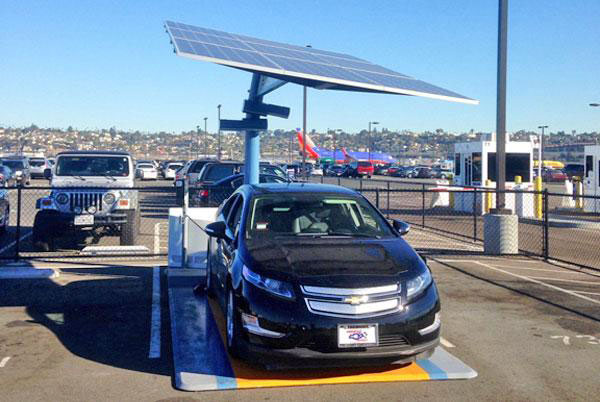AMMAN — The government on Monday approved a set of measures aligned with suggestions proposed by the Jordan Free Zones Investment Commission (FZIC), which included eliminating the weight tax on vehicles, lowering taxes on electric cars and returning consumption rates to their previous state.
FZIC President Mohammad Bostanji told The Jordan Times over the phone on Monday that consumption rates were reduced to the original figures of 2016, and included all types of cars.
Bostanji added that the government reduced taxes on electric cars from 25 per cent to 10 per cent for vehicles with a 250 kilowatt engine capacity, which represent 95 per cent of electric cars in the Jordanian market. Taxes on electric cars with an engine capacity of 251 kilowatts or more were reduced from 25 per cent to 15 per cent.
The FZIC president estimated that the reduction in price of electric cars would range between JD1,500 to JD2,000 per car, which would “positively affect” the electric car market, consumers’ demands and the environment.
The weight tax on cars was replaced by a 4 per cent tax on their original values, which, according to Bostanji, would result in a reduction of taxes imposed on “average cars”.
Hybrid and gas-fuelled cars would also benefit from this replacement and the adjustment of the consumption rate, causing their costs to decrease by JD1,000 to JD1,500 per car.
“The resolutions would primarily benefit the citizens,” he said, noting that the government’s decisions will also “positively affect” the “vast majority” of traders.
In regards to the new measures, Bostanji also estimated that by the end of November, the number of cars going through customs in this month would increase by 15 per cent compared with October’s numbers.
The government’s resolutions agreed with 70 to 80 per cent of FZIC proposals regarding the car sector, he added, highlighting that the FZIC was “promised more enhancements” should the effects of the resolutions on revenues and economic activity meet the government’s expectations.
Bostanji also expressed gratitude for the Finance Ministry’s cooperation, praising the economic approach the minister follows.
